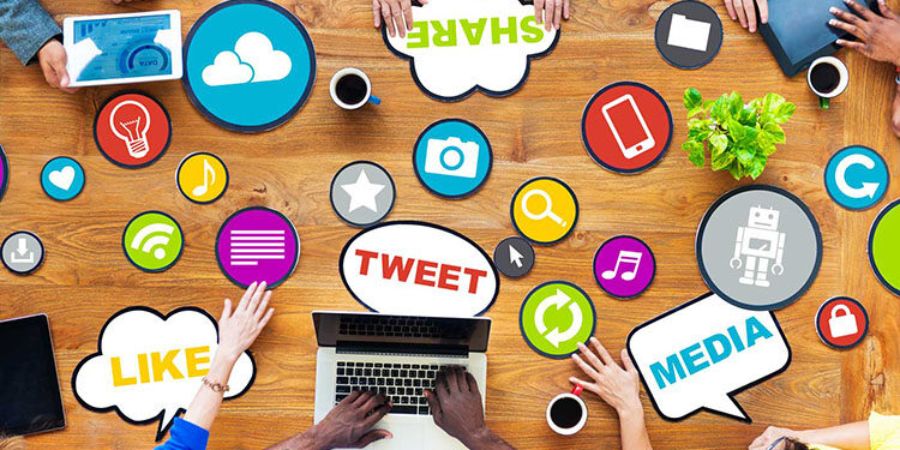

In recent years, the role of social media in politics and public debate has grown in importance. Individuals now have a voice in the public arena like never before, thanks to the advent of platforms such as Twitter, Facebook, and Instagram. This has, however, resulted in the proliferation of disinformation, polarisation, and online abuse. In this essay, we will look at the influence of social media on politics and public conversation, and how it has both aided and hampered democracy.
The transmission of knowledge is one of the key ways in which social media has influenced politics. Individuals may now quickly share news items, opinion pieces, and personal opinions with a worldwide audience thanks to the rise of social media platforms. As people from various walks of life are able to join in the discourse, the diversity of voices and perspectives in the public arena has increased. However, when people and organisations strive to disseminate their own goals and ideas, this has resulted in the proliferation of fake news and propaganda.
Another way that social media has influenced politics is its capacity to mobilise people around certain causes or topics. Platforms such as Twitter and Facebook have been useful in organising demonstrations and social movements because they allow people to connect and interact with others who share their values. This has been especially visible in recent years, with the #MeToo and Black Lives Matter campaigns gaining popularity online before spreading to the streets.
Social media, on the other hand, has fostered polarisation and harassment. Because people may interact with others who share their opinions and viewpoints, online echo chambers have emerged, where people are only exposed to material that reinforces their current prejudices. This has led to the current state of political polarisation, as people grow more entrenched in their opinions and less inclined to engage in meaningful discourse with others who have opposing views. Furthermore, social media has evolved into a medium for online harassment and bullying, with many people receiving nasty comments and threats.
Despite these obstacles, there are methods for social media to be used for good in politics and public dialogue. One possible answer is for social media platforms to accept greater accountability for the material that is shared on their networks. This might include more stringent fact-checking and moderation methods, as well as giving users the tools they need to detect and report false news and harassment.
Individuals may also take more responsibility for the content they publish on social media. This might include being more selective about the information they rely on, as well as participating in constructive discourse with others who have opposing perspectives. Individuals may contribute to combat the polarisation and echo chamber effects of social media by actively seeking out varied ideas and engaging in polite dialogue.
To summarise, social media's impact in politics and public debate is complicated and multidimensional. While it has had many positive effects, such as boosting the variety of perspectives and mobilising people behind certain causes, it has also led to the spread of disinformation, polarisation, and abuse. However, by adopting a more proactive and responsible attitude to social media, we may help to guarantee that it remains a driver for positive change in our society.
